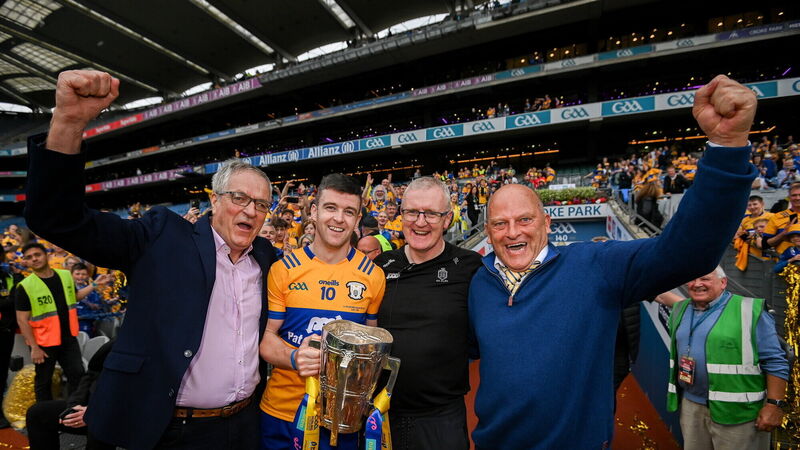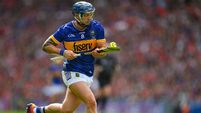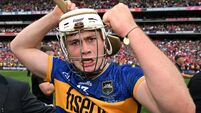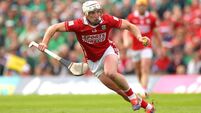All-Ireland talking points: Tony Kelly cements his greatness and Lohan joins pantheon

Seconds before he presented the Liam MacCarthy, GAA President Jarlath Burns took a moment to acknowledge Tony Kelly. As well as speaking briefly about his background, Burns listed off Kelly’s achievements, ranging from his club to college to county, but it almost felt like a needless formality. Kelly has never needed numbers to justify his genius.
And yet, nobody craved this All-Ireland more to frank that greatness, to corroborate it, to cement that iconic status. The first player to win Hurler-of-the-Year and Young Hurler of the Year in the same season, at just 20 mind, the intervening years had been defined by river of regret and unfulfilled ambition in the pursuit of that second Celtic Cross Kelly won three All-Stars in succession between 2020-’22 but successive disappointing days in All-Ireland semi-finals in 2022 and 2023 added to the longing, which was exacerbated by a serious ankle injury, that required surgery and a long rehab process over the winter and spring.
A collection of the latest sports news, reports and analysis from Cork.












